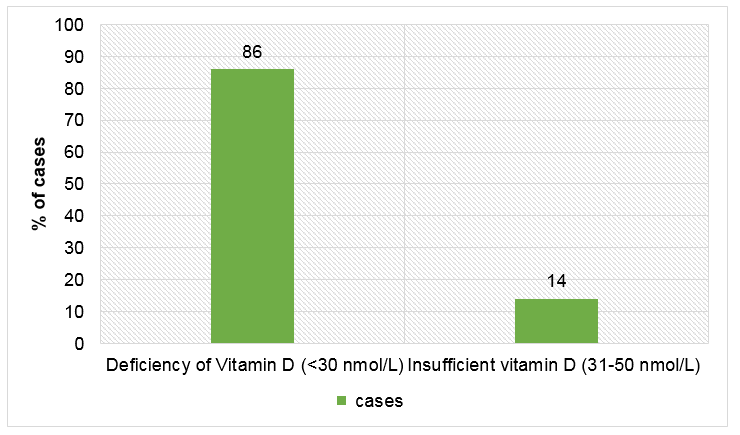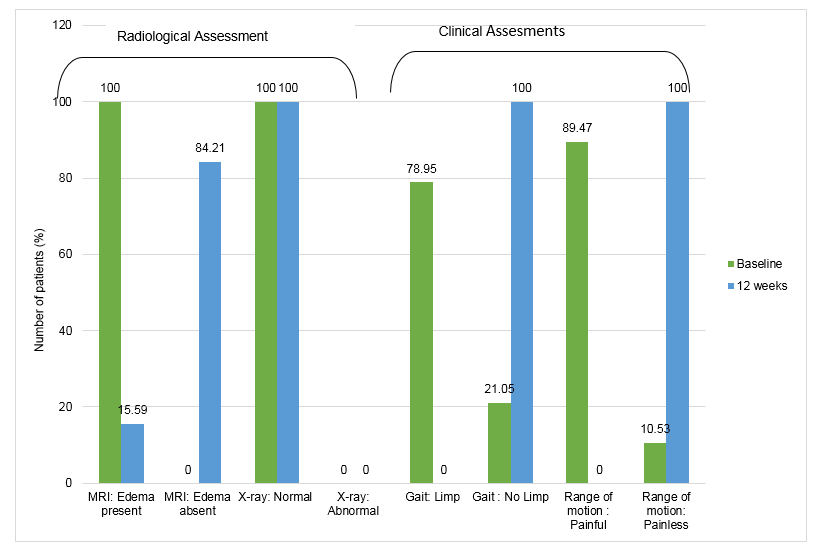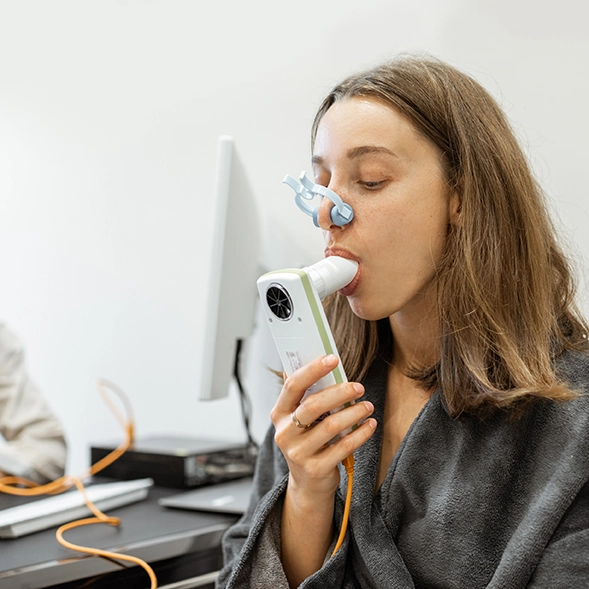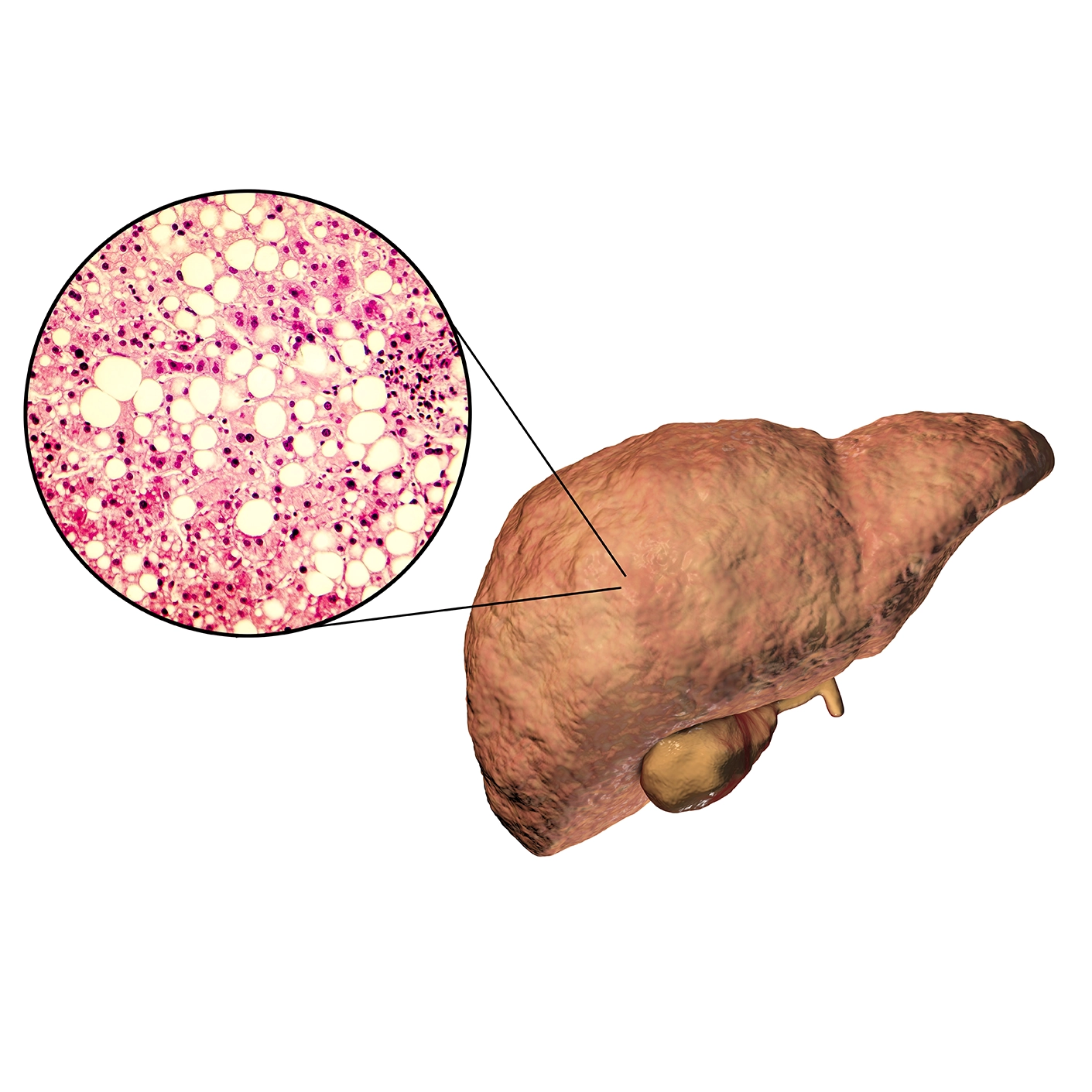Efficacy and Safety of 3-day Azithromycin Treatment of Community Acquired Pneumonia in Patients with and Macrolide- Resistant Streptococcus pneumoniae Infection
6 Jul, 21
Introduction
Azithromycin is a semisynthetic, acid-stable erythromycin derivative with an expanded spectrum of antimicrobial activity that includes commonly isolated pathogens in community-acquired pneumonia (CAP).
Aim
To evaluate the efficacy and tolerability of a 3-day course of azithromycin in adults with mild to moderately severe CAP, and to determine whether in vitro macrolide resistance among strains of S. pneumoniae is related to clinical efficacy/failure.
Patient Profile
Adults with mild to moderately severe CAP
Methods
Open-label, non-comparative study
Endpoints
- The primary endpoint was the clinical response on day 8, which was assessed using the JRS clinical response criteria (20).
- The clinical response was rated as ‘good’ if 3 of the following 4 outcomes were achieved
- 1) resolution of fever (temperature <37°C)
- 2) resolution of leukocytosis (normalization of WBC count)
- 3) improvement of serum CRP (decreased to <30% of the highest value)
- 4) significant improvement of chest x-ray findings
- Secondary endpoints included the microbiological response (assessed by the presence/absence of the infecting micro-organism in the sputum on days 4 and 8), and safety variables assessed via the occurrence of adverse events and laboratory abnormalities.
Results
Figure 1: Summary of clinical and microbiological responses to azithromycin
- Azithromycin resistance, based on CLSI criteria, was demonstrated in 85.7% (12/14) of S. pneumoniae isolates, and the presence of ermB genes was found in 50.0% (7/14)
- 6 of 7 patients in whom high-level resistance was documented (MICs > 256 ?g/mL and carrying ermB genes) exhibited good clinical responses
Figure 2: Clinical and microbiological responses to azithromycin treatment in patients in whom either S. pneumonia or H. influenzae were isolate
Safety
Azithromycin was well tolerated; adverse events, mainly of a gastrointestinal nature, were recorded in 6 patients (7.7%).
- Diarrhea (mild and resolved on the same or following day) in 2, abdominal pain/discomfort (mild and resolved on the same day) in 1,
- An elevation of ?-glutamyltranspeptidase (GGT) from 46 to 51 U/L in 1, and unspecified events in 2
Conclusion
- A 3-day course of azithromycin was effective first-line treatment for adults with mild to moderately severe CAP
- Treatment provided advantages for patients in terms of convenience, encouragement of medication compliance, and clearance of symptoms
Reference
Inter Med 2009;48: 527-535

.svg?iar=0&updated=20230109065058&hash=B8F025B8AA9A24E727DBB30EAED272C8)











